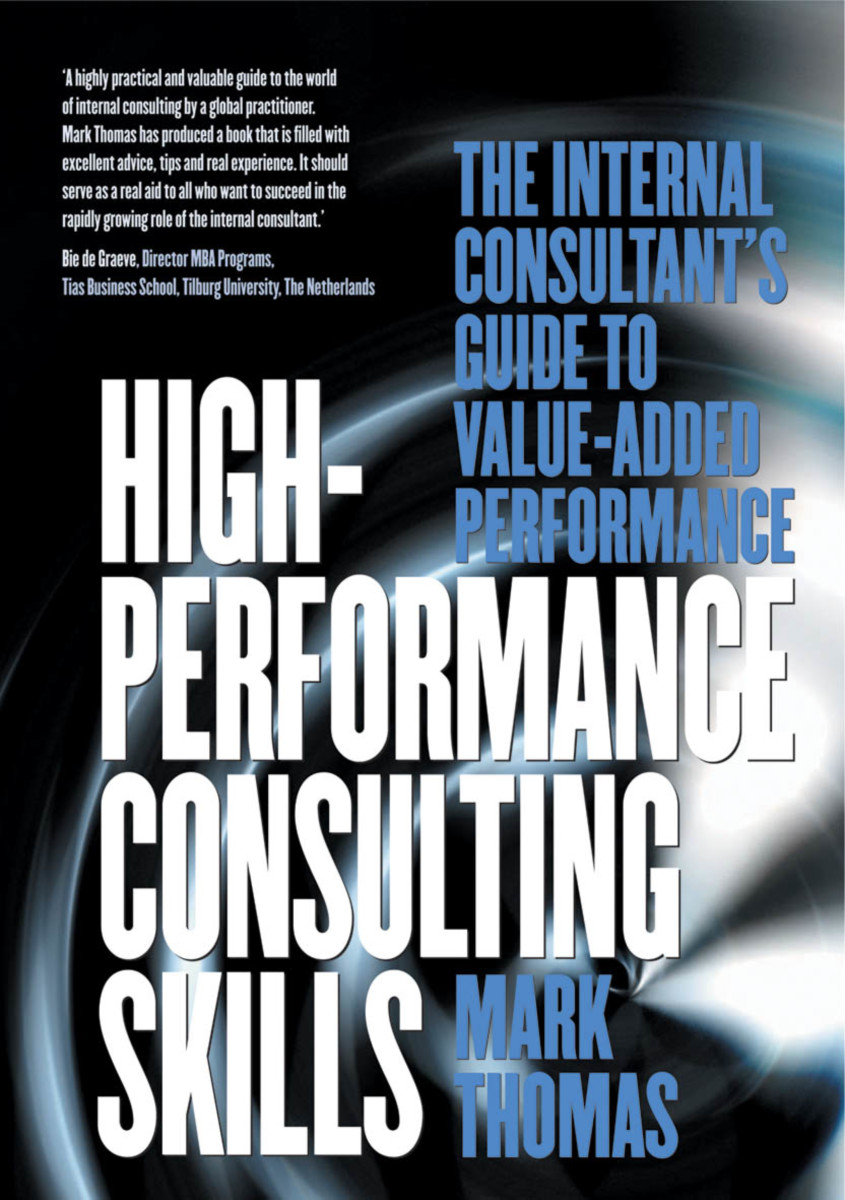
Here are the essential skills required to be successful as a manager for customer success. These include customer-focus, resilience, and the ability to build relationships with customers. There are many job opportunities available for this position. Continue reading for more information.
Customer success manager skills
This position of customer success manager has seen a rise in popularity over the past few years. Companies are increasingly hiring them. There are many different job descriptions. Some specialize in commercial aspects, while others concentrate on product knowledge and best practice. These skills are important regardless of your job title.
Customer success managers need excellent communication skills. They need to be able to communicate effectively with other departments and customers alike. It is important to understand customers' needs and advocate the benefits of a product/service. In this role, you'll be working closely with other departments and teams and dealing with customers on a daily basis.

Resilience
The key ingredient to a successful business is resilience. It helps people take tough decisions, prepare for the unexpected, and keep calm even when emotions are running high. This trait is also necessary for working well in customer success teams. Vodafone's study revealed that almost 90% of respondents believed that being resilient was essential for their careers.
Customer Success managers are expected to be resilient as they are responsible in managing the customer experiences and improving them. They must be able and willing to face setbacks and can adapt and pivot to satisfy customer needs. This is especially true for crisis management where teams must perform well despite many challenges.
Ability to build relationships with customers
The ability to build strong relationships with customers is one of the most important attributes a customer success manager must possess. It is vital to understand the needs of your customers and to think on your feet. As a manager of customer success, you should follow up with prospective customers on a regular basis. You never know who they may be searching for the solution to their problem. Managers must have the ability and resilience to work with customers. You can better understand your customers by knowing their buying habits, demographics, and behaviors.
As a manager of customer success, you should be able to foster relationships with customers in a way that keeps them coming back to your company. You can do this by developing executive relationships and by managing these relationships at scale. This will ultimately lead to a larger customer base.

Job opportunities
In a Customer Success Manager job, you will oversee the customer experience and ensure that the company's customers have a positive experience. This role is responsible of defining the function and best practices for Customer Success and helping to achieve retention and growth goals. A Customer Success Manager needs to be meticulous and have a track record for success. A strong track record in managing large and complex organizations is a must. Successful candidates will also have the ability to establish relationships and create value realization plans.
Customer success managers can increase customer retention as well as upsell new features to customers, which can translate into increased revenue. This role gives them the opportunity to promote their company's image.
FAQ
Is it possible to run a consultancy business from home?
Absolutely! In fact, many consultants already do exactly this.
Freelancers often work remotely through tools like Skype and Trello, Basecamp, Basecamp, Dropbox, and Slack. They often create their own office space so they don't miss out on company perks.
Freelancers might prefer to work in libraries or cafés, rather than traditional offices.
Others prefer to work from home as they feel more at home with their families.
Of course, working from home has its pros and cons. But if you love your job, it's definitely worth considering.
What are some of the advantages to being a Consultant?
As a consultant, you can usually choose when you work and what you work on.
This allows you to work wherever and whenever you want.
It means that you can change your mind easily without worrying about losing your money.
Finally, you can control your income and set your own schedule.
What skills will I need to be a consultant?
As a consultant, you should have both strong interpersonal skills and analytical skills. This is essential because you will be working on projects that you don't know the details of. It is important to learn how to quickly solve problems and manage people.
Excellent communication skills are also essential. Most clients expect an answer within 24hrs. If they don’t hear from you within 24 hours, they assume you don’t care. It's important, therefore, to always keep them informed and ensure they understand what is going on.
What can I expect of my consultant?
Within a few days of selecting your consultant, you can expect to hear back. They will often ask about your company's mission, goals and products. After receiving this information, they will prepare a proposal outlining their scope of work, estimated timeline, fees, deliverables and milestones.
If everything looks good, then the two parties will negotiate a written contract. The type of relationship between them (e.g. employer-employee or employer-independent contractor) will determine the terms of the contract.
If everything goes as planned, the consultant may begin to work immediately. He/she will have immediate access to your internal documents, resources, and you'll be able to access his/her skillset and knowledge.
However, don't assume that just because someone is a consultant that s/he knows everything. It takes practice and hard work to become an expert in the field you are consulting. Your consultant should not assume that they know everything about you business.
What happens after the consultant completes the job?
After the consultant completes the work, s/he will submit a final report detailing the results of their work. This report includes the deliverables and project timelines.
After that, you'll go through the report and decide if it meets your expectations. If you are not satisfied with the consultant's report, you have the option to ask for modifications or to terminate your contract.
How do I choose the right consultant?
There are three main things to keep in mind:
-
Experience - How many years of experience is this consultant? Is she an expert, beginner, intermediate or advanced consultant? Does her resume reflect the knowledge and skills she has?
-
Education – What did this person learn at school? Did he/she go on to further education after graduation? Can we see evidence of that learning in the way s/he writes?
-
Personality - Do we like this person? Would we want him/her to work for us?
-
These questions will help us determine if the consultant is right to meet our needs. If the answers to these questions are unclear, it might be worth a first interview to get more information about the candidate.
Why do you need consultants?
You might need consultants for a variety of reasons.
-
Your organization may have a specific project or problem that needs solving
-
You would like to improve your skills or learn new things
-
You want to work closely with experts in a certain field
-
You have no other choice but to do the job.
-
You feel overwhelmed with all the information you see and don’t know where it is.
-
You don't have the money to pay someone full time
The best way to find a good consultant is through word of mouth. Ask around to see if you know any good consultants. If you are already acquainted with someone who works as an advisor, ask them for recommendations.
You can use online directories such as LinkedIn to find consultants in your local area.
Statistics
- Over 50% of consultants get their first consulting client through a referral from their network. (consultingsuccess.com)
- "From there, I told them my rates were going up 25%, this is the new hourly rate, and every single one of them said 'done, fine.' (nerdwallet.com)
- WHY choose me: Why your ideal client should choose you (ex: 10 years of experience and 6-week program has helped over 20 clients boost their sales by an average of 33% in 6 months). (consultingsuccess.com)
- According to statistics from the ONS, the UK has around 300,000 consultants, of which around 63,000 professionals work as management consultants. (consultancy.uk)
- 67% of consultants start their consulting businesses after quitting their jobs, while 33% start while they're still at their jobs. (consultingsuccess.com)
External Links
How To
How can I start an advisory business with no money?
A simple and effective way to get started with your own consultancy business - without any capital investment!
You'll learn how you can make money online, increase your skills, earn more cash and be successful.
I'll be sharing some secrets on how to get traffic on the demand, especially for people searching for specific items.
This is known as 'Targeted Traffic. This method was designed specifically for you to do this...
-
Choose the niche that you are interested in.
-
Research which keywords people use to find solutions on Google.
-
These keywords are the basis of your content.
-
Post your articles on article directories.
-
Use social media sites to promote your articles.
-
Establish relationships with experts and influencers in your niche.
-
Be featured on these blogs or websites.
-
Emails can be used to grow your email database.
-
Start making money.